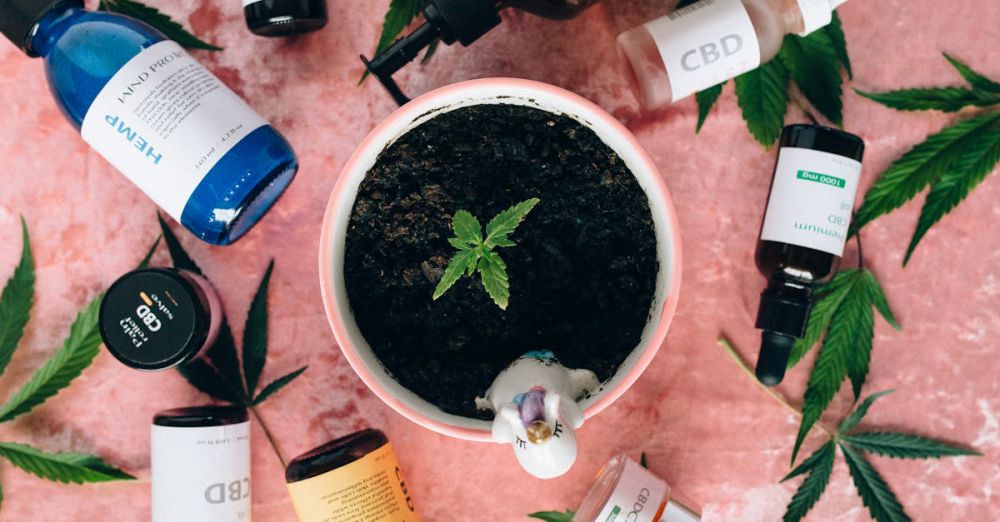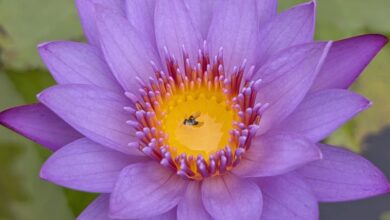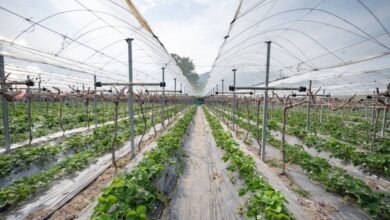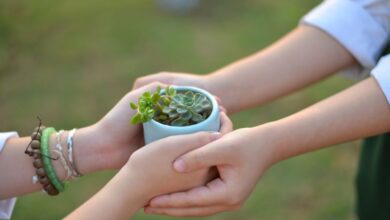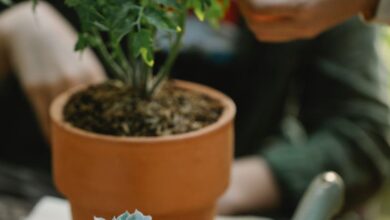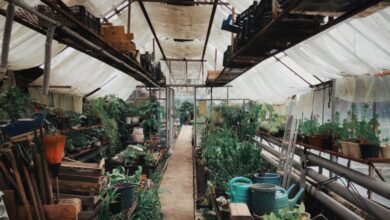What Are the Best Products for Garden Soil Improvement
A thriving garden begins with healthy soil. Without the right nutrients and structure, plants struggle to grow, leading to stunted development and poor yields. Improving your garden soil is essential for creating a lush, productive landscape. Luckily, there are several products available that can enhance your soil’s quality and promote a healthy ecosystem. Here’s a look at some of the best options to consider.
Organic Matter
One of the most effective ways to improve garden soil is to incorporate organic matter. This includes compost, well-rotted manure, and leaf mold. Compost is particularly valuable because it enriches the soil with nutrients while also improving its structure. It helps retain moisture, encourages beneficial microbial activity, and provides a slow release of nutrients to plants. You can create your own compost at home using kitchen scraps and yard waste, or you can purchase it from garden centers.
Worm Castings
Worm castings, also known as vermicompost, are another powerhouse for soil improvement. These nutrient-rich byproducts of earthworm digestion are packed with essential nutrients, beneficial microorganisms, and hormones that promote plant growth. Simply mix worm castings into your soil or use them as a top dressing to enhance existing soil conditions. They improve soil aeration and water retention while also suppressing plant diseases.
Peat Moss
Peat moss is a well-known soil amendment that helps improve soil structure, especially in sandy or clay-heavy soils. It increases water retention, making it an excellent choice for gardens that struggle to retain moisture. Additionally, peat moss can help lower soil pH, making it more suitable for acid-loving plants. However, it’s important to source peat moss sustainably, as the harvesting process can have environmental impacts.
Coconut Coir
An eco-friendly alternative to peat moss, coconut coir is a byproduct of coconut processing. It is lightweight, retains moisture, and improves soil aeration. When mixed into garden soil, coconut coir helps break up compacted areas, allowing roots to penetrate easily. Its natural resistance to mold and pests also makes it a great option for promoting healthy plant growth.
Gypsum
For gardeners dealing with clay soils, gypsum is a game-changer. This mineral helps break down compacted clay, improving drainage and aeration. By adding gypsum, you can create a more workable soil structure that allows roots to grow freely. Moreover, it provides calcium and sulfur, essential nutrients that support robust plant growth. Gypsum is particularly beneficial for vegetable gardens and flower beds.
Bone Meal and Blood Meal
Bone meal and blood meal are nutrient-rich organic fertilizers that can significantly enhance soil quality. Bone meal is high in phosphorus, essential for root development and flowering, while blood meal is packed with nitrogen, which promotes lush, green growth. Both can be mixed into the soil at planting time or used as a top dressing. However, be mindful of the application rates to avoid over-fertilizing, which may harm plants.
Mycorrhizal Fungi
Mycorrhizal fungi form symbiotic relationships with plant roots, enhancing nutrient uptake and improving soil health. By adding mycorrhizal inoculants to your garden, you can boost the growth of beneficial fungi in the soil. These fungi expand the root system, allowing plants to access water and nutrients more efficiently. This natural partnership can increase resilience against drought and disease, making it an excellent addition to any soil improvement regimen.
A Balanced Approach
To achieve the best results in your garden, consider using a combination of these products tailored to your specific soil needs. Conducting a soil test can provide valuable insights into nutrient levels and pH, guiding your amendments and ensuring a balanced approach.
By integrating these soil improvement products into your gardening practices, you foster a healthy environment that nurtures plant growth and enhances biodiversity. The effort you invest in improving your soil now will pay off in the form of a more vibrant and productive garden for years to come.

